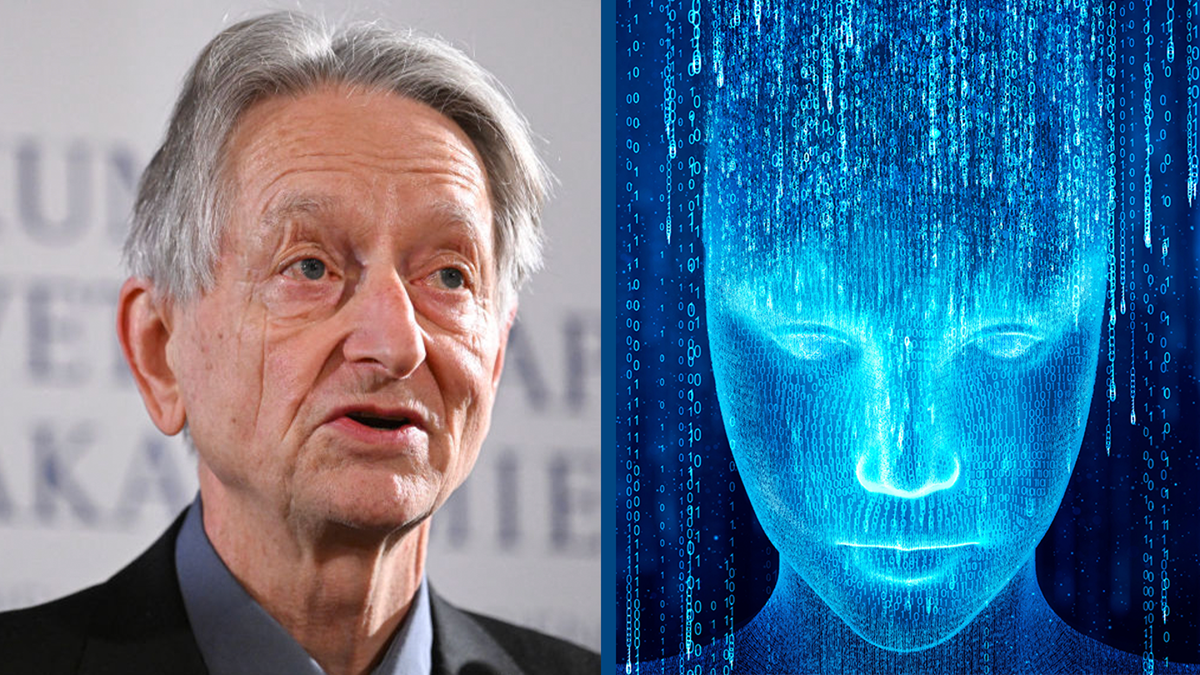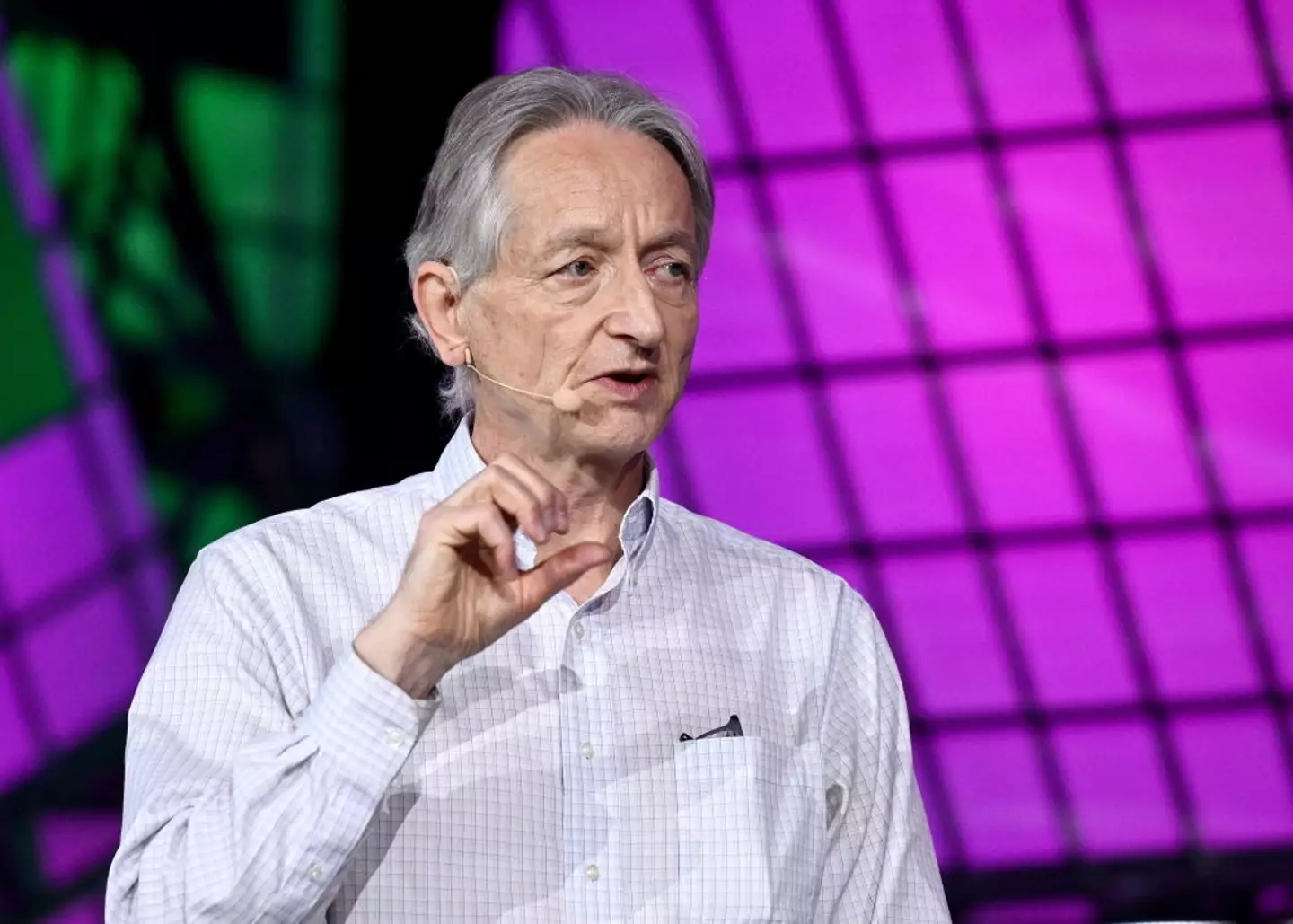
'Godfather of AI' explains how 'scary' AI will increase the wealth gap and 'make society worse'
Geoffrey Hinton explains how AI will increase the wealth gap between the richest and the poorest, predicting that it'll make society worse overall
Published 15:04 13 Jan 2025 GMT
'Godfather of AI' explains how 'scary' AI will increase the wealth gap and 'make society worse'
Experts predict that AI produces 'fertile ground for fascism'
https://www.uniladtech.com/author/harry-boulton
Harry Boulton
Geoffrey Hinton, otherwise known as the 'Godfather of AI', has predicted that artificial intelligence will make society 'worse and worse' by increasing the wealth gap between the richest and poorest individuals.
Despite major investment in almost every area of technology over the past few years, the concerns and worries expressed by many about AI are clear.
Issues surrounding copyright - and by extension the 'stealing' of content by generative artificial intelligence - are definitely at the forefront, but that plays only a part in the wider concerns surrounding job security and the future of society as a whole.
It isn't a new thing that technology has made certain jobs redundant, as the industrialization and modernization of the wider world has ripped apart large parts of key industries, but many predict that AI could be the final nail in the coffin for many and cause a devastating societal rift.
One of the major voices expressing these concerns is the 'Godfather of AI' himself Geoffrey Hinton, who is viewed as a leading figure in the deep learning community and has played a major role in the development of artificial neural networks.
Hinton previously worked for Google on their deep learning AI research team 'Google Brain' before resigning in 2023 over what he expresses as the 'risks' of artificial intelligence technology.
He has vocalized these concerns in roundtable discussions in which he predicts the vast wealth gap that will soon emerge as a consequence of AI advancements:
"We're talking about having a huge increase in productivity. So there's going to be more goods and services for everybody, so everybody ought to be better off, but actually it's going to be the other way around.
"It's because we live in a capitalist society, and so what's going to happen is this huge increase in productivity is going to make much more money for the big companies and the rich, and it's going to increase the gap between the rich and the people who lose their jobs."
This is largely due to the fact that those who lose their jobs will forfeit their income, and those in control of the AI - and thus those producing the services and goods - will retain financial power without the cost of labor too.
Hinton then goes on to outline that once that gap is increased, "you get fertile ground for fascism," as the power is increasingly held by the richest in society leaving the balance incredibly lopsided in turn.
"It's crazy because we're doing something that should help everybody," Hinton expresses, "but if the profits just go to the rich, that's going to make society worse."
It's certainly not hard to see Hinton's hypothesis in action at the moment as many of the richest individuals and companies are driving their efforts towards AI, and some on social media have theorized how the removal of wealth from the people will lead to an imbalanced society.
"At least in the US, we're much more likely to have basic services - like vouchers for approved (lower quality) food stores and housing - than UBI [universal basic income] for all the people that lose their jobs. This will create a permanent lower class that's much harder to escape from."
This makes the future seem incredibly dystopian but it's difficult to see many other alternatives with an increasing number of jobs at risk of redundancy thanks to advancements in AI.

Hinton has expressed a wide variety of concerns regarding the future of AI technology (Ramsey Cardy/Sportsfile for Collision via Getty Images)
Hinton's worries don't just stop at the wealth imbalance caused by AI too, as he details his worries about where AI will stop following investment from big companies in an interview with CBC News:
"There's all the normal things that everybody knows about, but there's another threat that's rather different from those, which is if we produce things that are more intelligent than us, how do we know we can keep control?"
This is a conundrum that has circulated the development of robots and AI for years and years, but it's seeming to be an increasingly relevant proposition that we might have to tackle sooner rather than later.
Featured Image Credit: JONATHAN NACKSTRAND / Contributor / Yuichiro Chino / Getty
